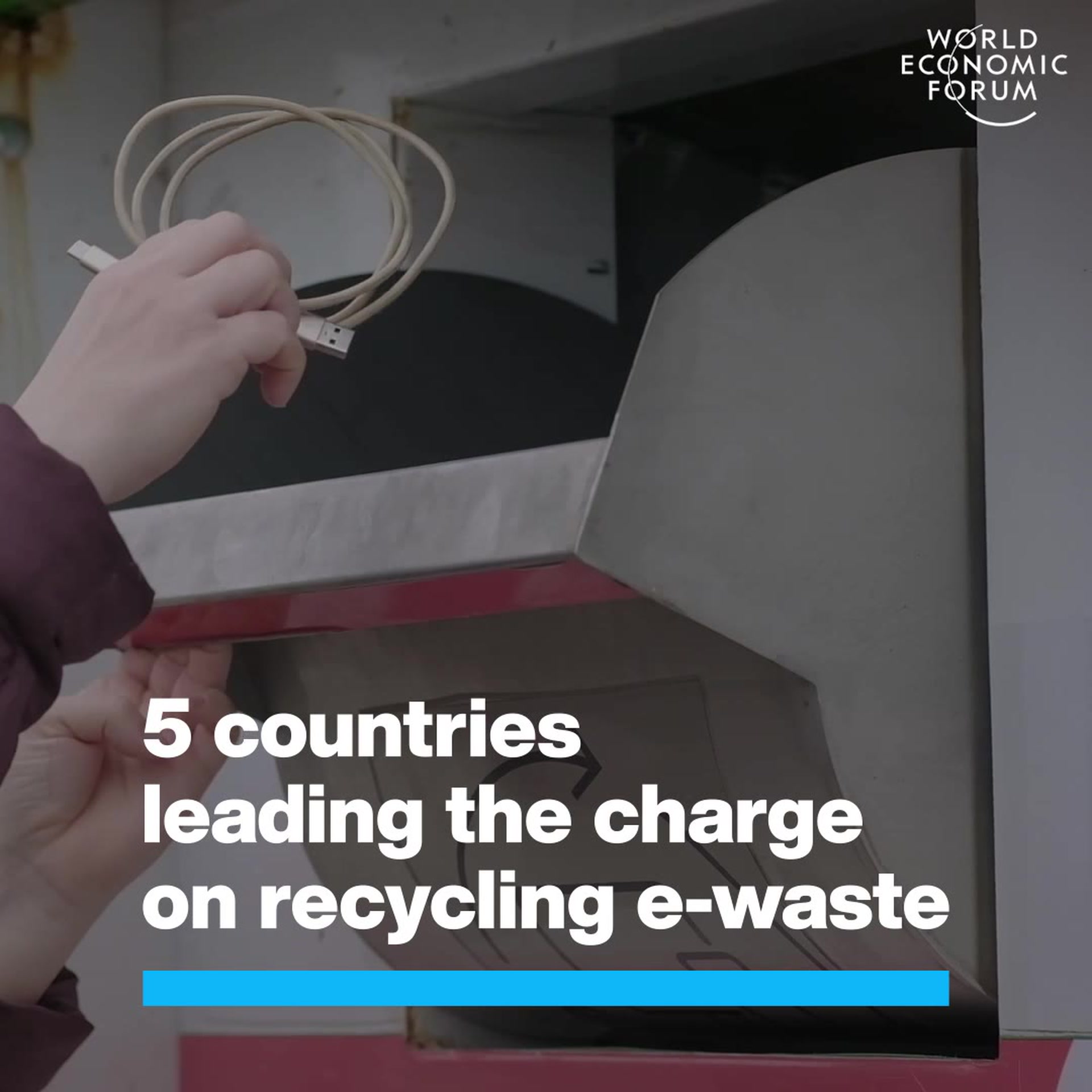Multilateral development banks can bridge the trust gap between emerging economies and private investors

Multilateral development banks can connect emerging economies and private investors. Image: Alex Levis/Pexels
Christian Kleboth
Head of Debt Mobilisation , European Bank for Reconstruction and Development (EBRD)
Get involved with our crowdsourced digital platform to deliver impact at scale
Stay up to date:
Sustainable Finance and Investment
- Emerging markets still suffer from a shortfall in development finance.
- Multilateral development banks can help reinforce trust between emerging markets and private investors.
- This 'bridge' rests on building two pillars: evidence and support.
We hear it at every conference (certainly the ones I go to): Emerging markets desperately need more private investment to close the finance gap – be it the climate finance gap or the Sustainable Development Goals (SDG) finance gap. Or many other gaps, for that matter: for example, the one caused by devastating natural disasters requiring vast investment for reconstruction – most recently after the earthquakes in Türkiye and Morocco.
At the same time, we hear of ever more interest in impact finance and the challenge for investors to get hold of high-impact assets. But where, I’m asking myself, are the crowds of impact investors calling me in a rush about these new opportunities? Besides the measured stream of calls I receive, Dealogic data confirms that both green loans and sustainability-linked loans were actually down globally, in volume and number of deals, year-on-year at the end of November 2023.
If you narrow the focus to emerging markets, the landscape looks even bleaker. The pursuit of high yields on investment may have run through such markets while interest rates were low. But in today’s world of higher rates, with the assumption that these markets are too risky, there has been a retreat back to “safer” territory.
Bridging the trust gap
We need to close another gap – the trust gap – in order to mobilize private investments. To shift metaphors, a wide river separates emerging markets and the private sector. There is a bridge connecting the two. But it needs to be strengthened. And this is where multilateral development banks (MDBs), with links to both banks of the river, come in.
On one riverbank, you have underdeveloped markets in need of a more stable regulatory environment. Emerging economies may not have the right frameworks that allow for climate or sustainable initiatives. They may not have stable or effective regulation for private investors to feel comfortable contributing their money. And these might be local businesses and borrowers that do not have market access or investor networks to raise funds, or local banks that cannot support their community to a sufficient level on their own.
The MDBs, including the EBRD, are already trusted partners on this bank of the river. We have spent years on the ground, providing advisory support and working with governments towards regulatory reform. Our policy dialogue and technical assistance contribute to building a sustainable market while we facilitate concessional finance to support early movers in nascent markets.
On the opposite bank is the private sector in advanced economies. Some companies may be hesitant to expand into emerging markets due to unsupportive regulatory and political landscapes. Foreign investors who may have once been active investors in these markets may have backed away for fear of risk. Or simply were forced to focus on their home markets by regulatory realities. Others look on with interest, but hesitate to commit to such terra incognita, lacking local knowledge or local experience.
MDBs are valued partners on this bank of the river. The private sector sees the extensive work done by MDBs. They recognize the experience MDBs have in these unfamiliar markets. If they were to ever cross the bridge, they would prefer to do so with an MDB’s support.
Pillars for trust
But the issue here is again insufficient trust. If we are to see multilateral development banks mobilize capital flows at scale into emerging markets, the private sector needs to have more trust in those same MDBs. To build it, we must strengthen the bridge’s two main pillars: evidence and support.
To provide evidence, MDBs, along with fellow development finance institutions (DFIs), need to do a much better job of quantifying their performance and correcting the risk perception of their assets in emerging markets. For example, MDB loans generally see lower volatility and losses relative to assets of a similar risk profile, even in “less risky” markets. In the few instances where there are losses, MDBs see greater recoveries thanks to their detailed involvement and the purpose of their investments.
There is a real need to educate investors on the MDB loan asset class. While we can anecdotally share these points in this article, the fact remains that we need to share the data that backs up this narrative. I know that the market has been demanding this for a while. The GEMs database (Global Emerging Markets Risk Database Consortium) seems crucial to building that trust, and multilateral development banks are actively working on finding a solution to share it. This would allow other market participants to access data on the performance of MDB and DFI loans.
Providing support, as an important second pillar, will give the private sector much-needed comfort that I hope will get investors across the bridge. This support comes in different forms: providing access to bankable projects and well-performing clients; sharing borrower and market knowledge in completing due diligence; and even sharing MDB-preferred creditor status via certain product structures. This links up with the endeavour to educate investors, deepening their understanding of not only the asset class, but also of the markets themselves.
How is the World Economic Forum ensuring sustainable global markets?
Support is required on the emerging market side of this river as well. Policy dialogue and technical assistance are essential to building market capacity and allowing private investments to flow. The EBRD, as a multilateral development bank with a focus on the private sector, is best placed to provide such support to the countries where it works with the needs of the private sector in mind – creating a regulatory environment that enables investments.
The EBRD is active on both banks of this river. A bridge of trust connects them already. It is not as sturdy as we might like, but we regularly cross it and are doing our best to make it stronger and more inviting to all.
Don't miss any update on this topic
Create a free account and access your personalized content collection with our latest publications and analyses.
License and Republishing
World Economic Forum articles may be republished in accordance with the Creative Commons Attribution-NonCommercial-NoDerivatives 4.0 International Public License, and in accordance with our Terms of Use.
The views expressed in this article are those of the author alone and not the World Economic Forum.
Related topics:
The Agenda Weekly
A weekly update of the most important issues driving the global agenda
You can unsubscribe at any time using the link in our emails. For more details, review our privacy policy.
More on Sustainable DevelopmentSee all
Sreevas Sahasranamam and Vivek Soundararajan
May 3, 2024
Johnny Wood
April 15, 2024
Robin Pomeroy and Sophia Akram
April 10, 2024
Eliane Trindade
April 4, 2024







